What You Need to Know About Opening a Tree Business
Starting a tree business can pave the way for a rewarding career that combines the great outdoors with the opportunity to make a meaningful environmental impact. Whether your interest lies in tree planting, maintenance, or removal, the tree service industry offers a wide array of possibilities. Before embarking on this green venture, it's important to understand the dynamics of the industry, the requirements needed to get started, and key insights to ensure your business thrives in a competitive market.
Determine Tree Business Demand
First and foremost, you should conduct thorough market research to understand the demand for tree services in your area. Identify who your potential clients could be—residential homeowners, commercial properties, or municipalities. Gathering data on competitors will also shed light on service gaps you might fill or opportunities for setting yourself apart. Market research will not only inform your business plan but will also help you gauge startup costs, recurring expenses, and potential revenue streams.
Obtain Necessary Licensure
An essential step in starting a tree business is obtaining the necessary licenses and certifications. Regulations vary by state and locality, so it's critical to consult with local government offices or professional organizations. Certifications from reputable bodies, such as the International Society of Arboriculture (ISA), will not only enhance your credibility but may also lead to higher rates or more contracts. This also adds an extra layer of trust for potential clients who value professional expertise in tree care.
Acquire Occupational Equipment
Investing in the right equipment is non-negotiable when it comes to launching a tree business. Depending on your focus, essential equipment might include chainsaws, wood chippers, stump grinders, and safety gear. It’s important to weigh the benefits of purchasing equipment outright versus leasing, especially if large capital expenditure isn't feasible initially. Furthermore, maintaining your equipment frequently will ensure safety and efficiency, reducing the risk of costly downtime or repairs.
Calculate Service Costs
According to ArboristNow.com, the average annual salary of an arborist in the United States is around $40,000, ranging from $24,000 to $64,000. Being aware of these figures is essential for setting competitive pricing for your services. While it's tempting to undercut competitors to win clients, remember that your pricing should reflect the quality of your service and cover your operational costs. Offering premium services, such as emergency storm cleanup or landscape design, can also provide additional revenue streams and justify higher rates.
Create Online Business Profile
Finally, marketing and client acquisition strategies will play a crucial role in the long-term success of your tree business. A professional website, complete with client testimonials and a portfolio of completed projects, can significantly boost your credibility. Utilize social media platforms to showcase your work and connect with your community. Participating in local events or tree-planting drives can also increase your business's visibility and demonstrate your commitment to environmental stewardship.
Develop a Risk Management Strategy
Every tree business must account for the high-risk nature of working with heavy machinery, elevated heights, and unpredictable natural elements. Creating a risk management strategy early in the planning phase helps prevent accidents and protects your financial and legal standing. This strategy should outline safety protocols, emergency procedures, and equipment maintenance schedules. Without a proactive safety plan, even minor incidents can lead to costly downtime or insurance complications.
Build Strong Client Relationships
Long-term success in the tree business isn’t just about cutting limbs or removing stumps—it's about building lasting trust with your clients. Establishing strong relationships leads to more word-of-mouth referrals, repeat business, and valuable reviews. Prioritize clear communication, show up on time, and deliver high-quality work. These basics go a long way in creating a reliable, professional reputation in your local community.
Opening a tree business requires careful planning, investment, and strategic decision-making. From understanding the market landscape to securing the right equipment and certifications, each step is crucial to building a strong foundation. By focusing on professional development and utilizing effective marketing strategies, you can position your business for growth and sustainability. As urban areas continue to value green spaces, a tree business stands not only as a profitable venture but as a vital contributor to community wellbeing and environmental health. If you're seeking a professional tree business, make sure to contact Dillon Tree Service today!

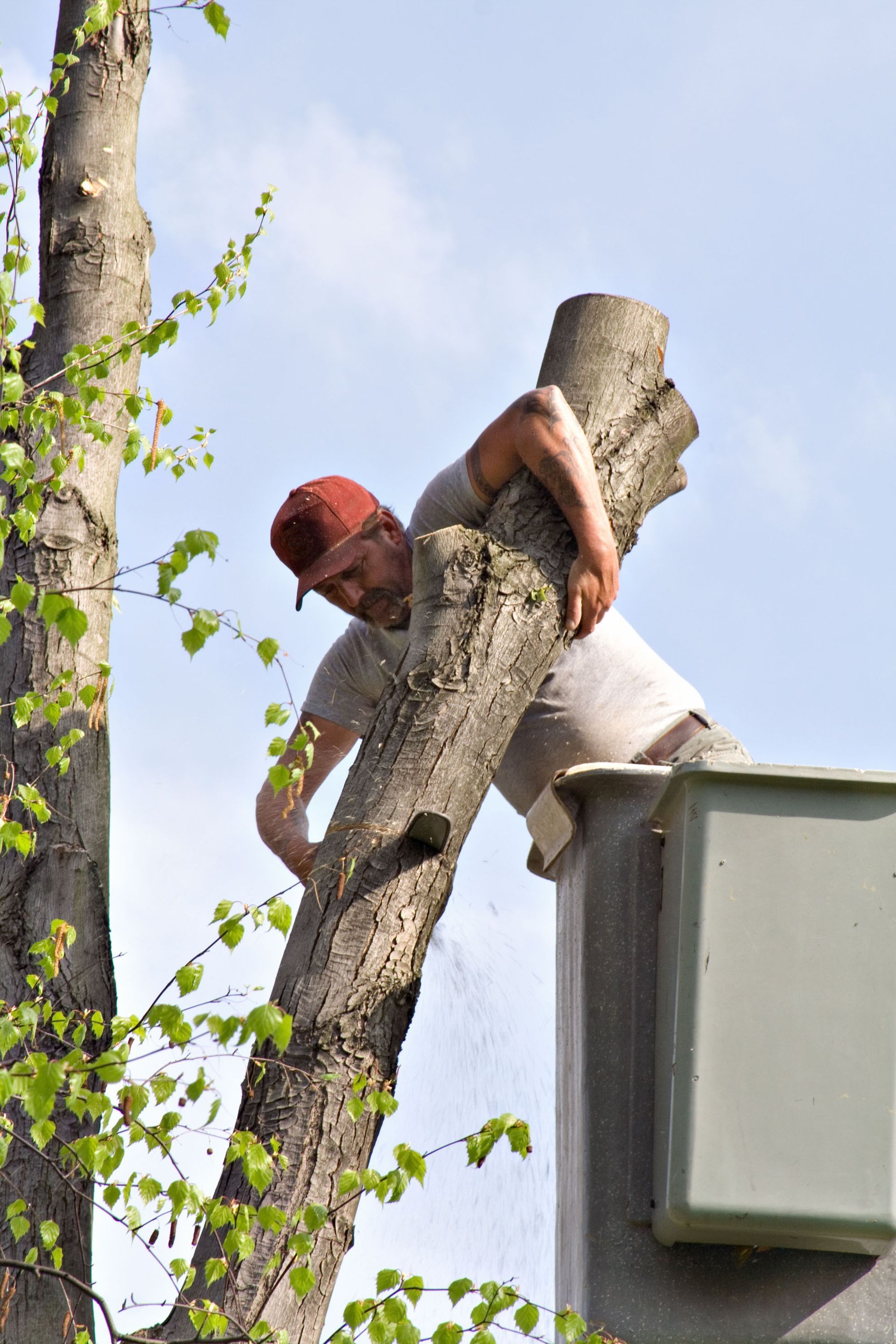
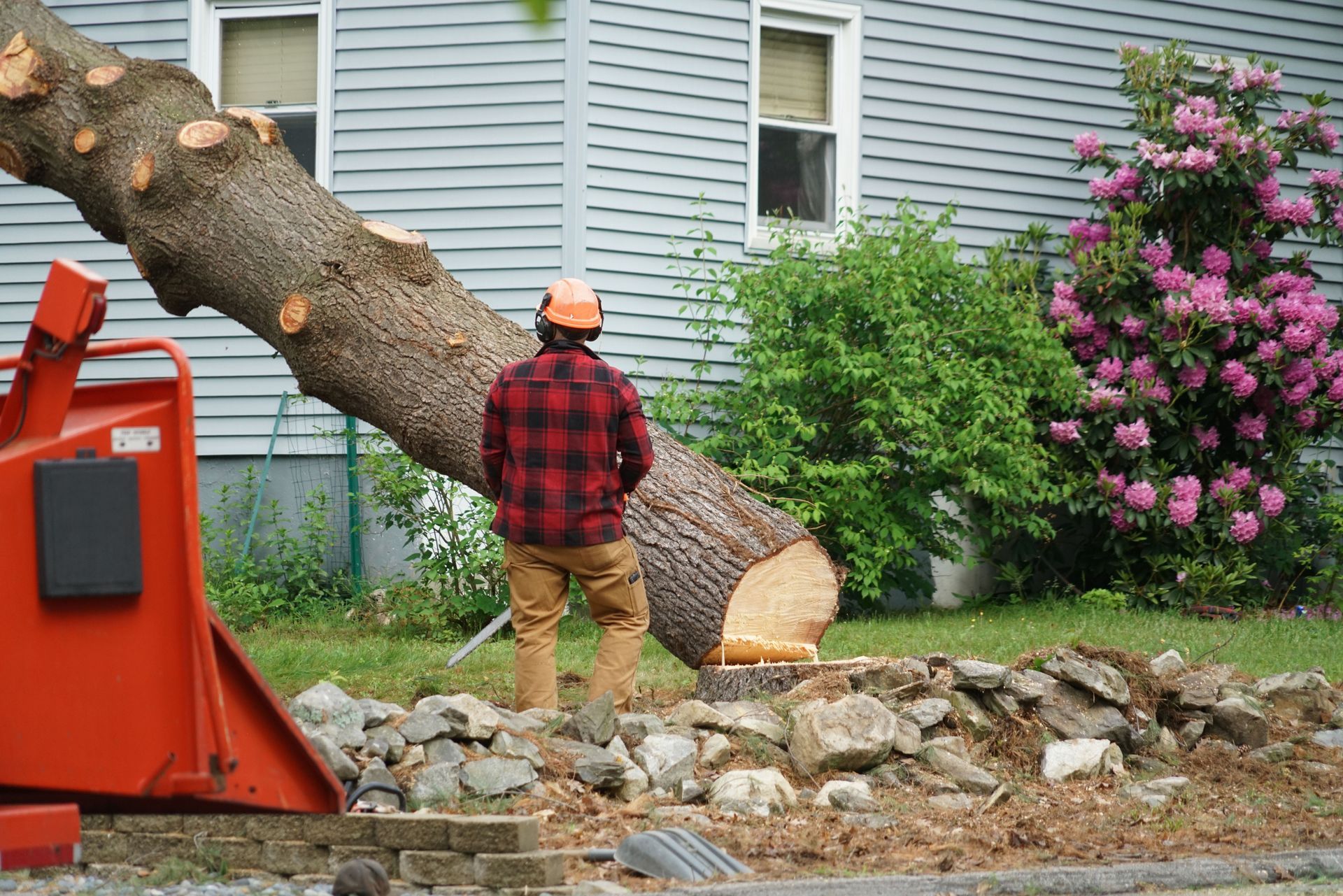
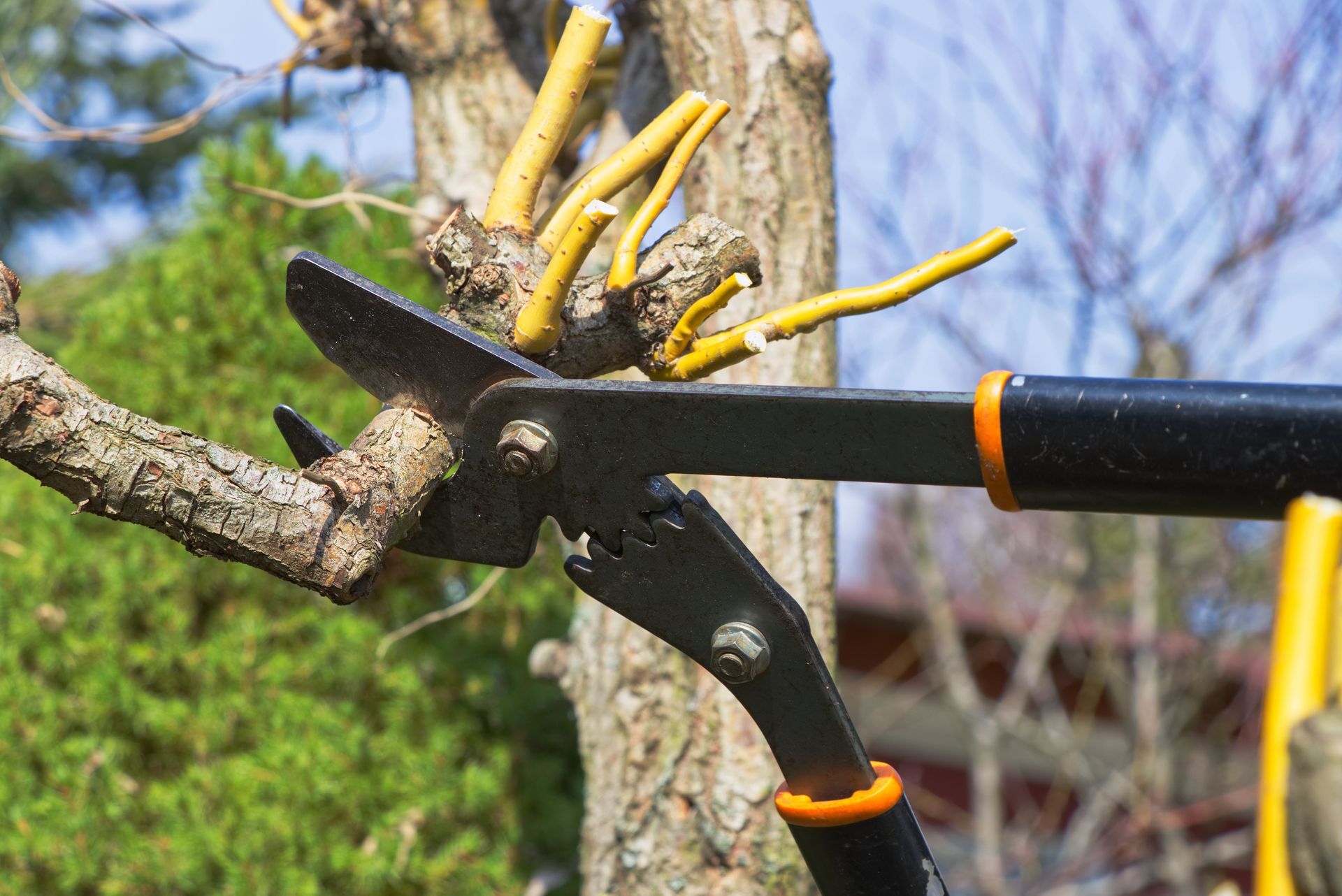
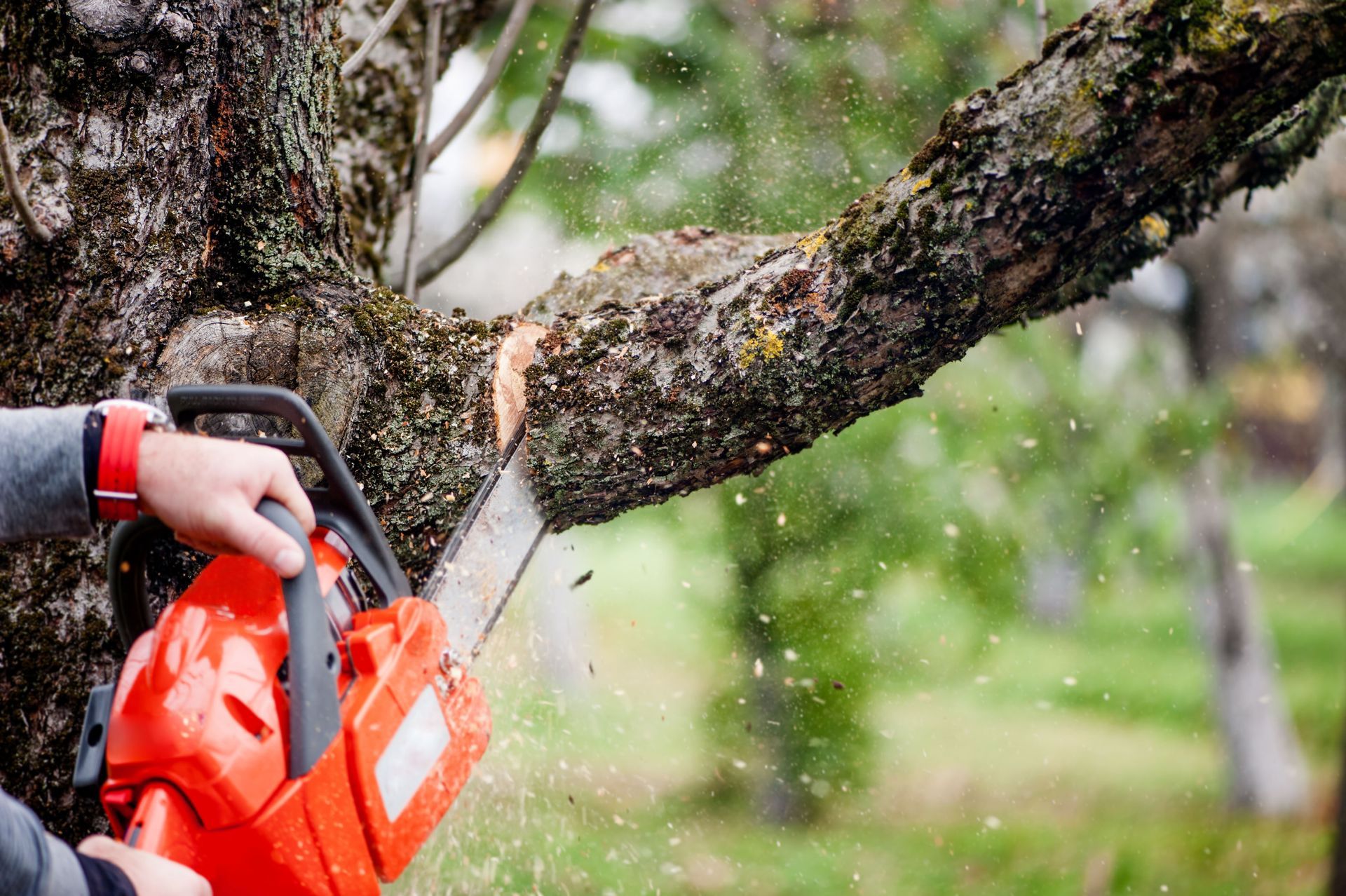
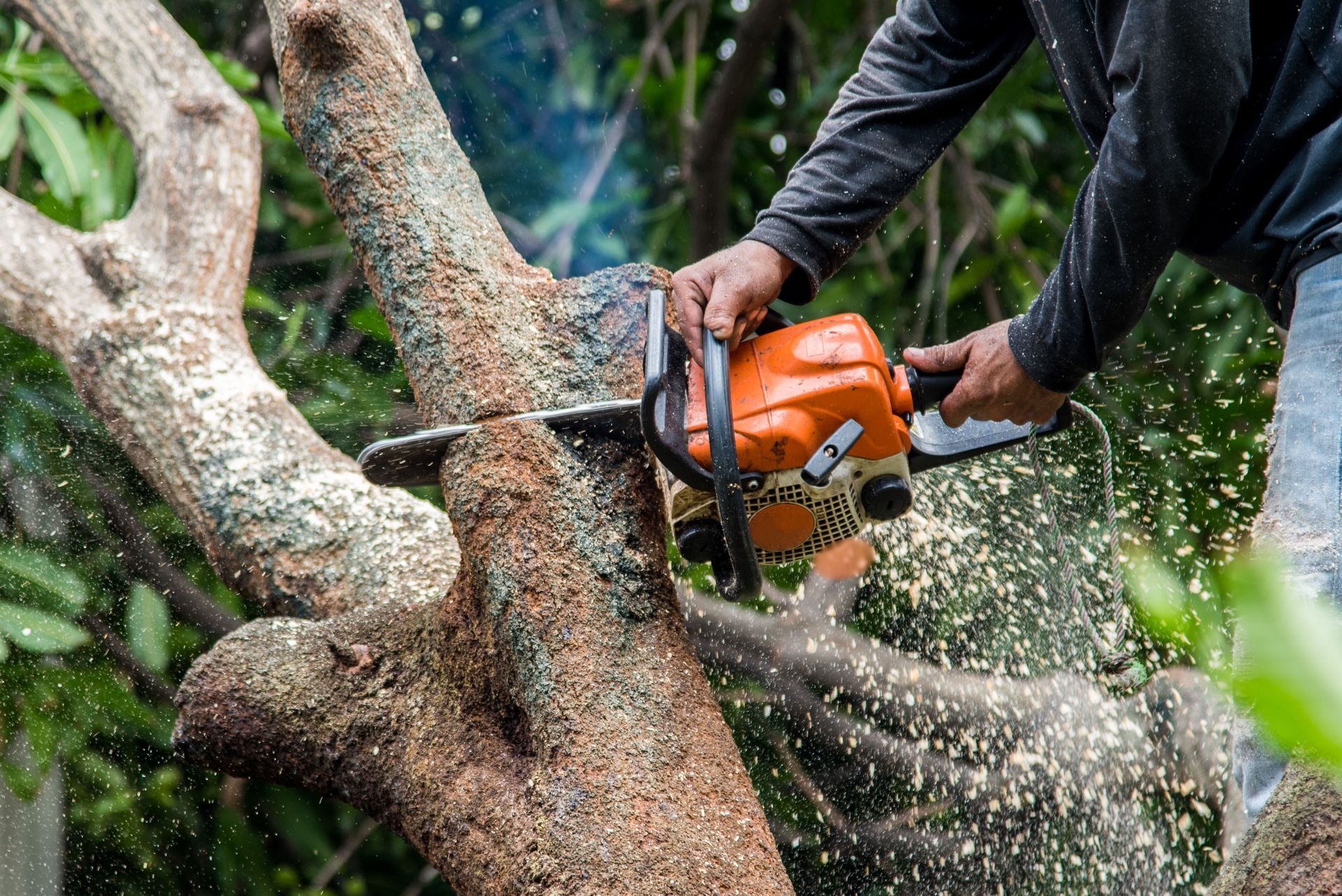
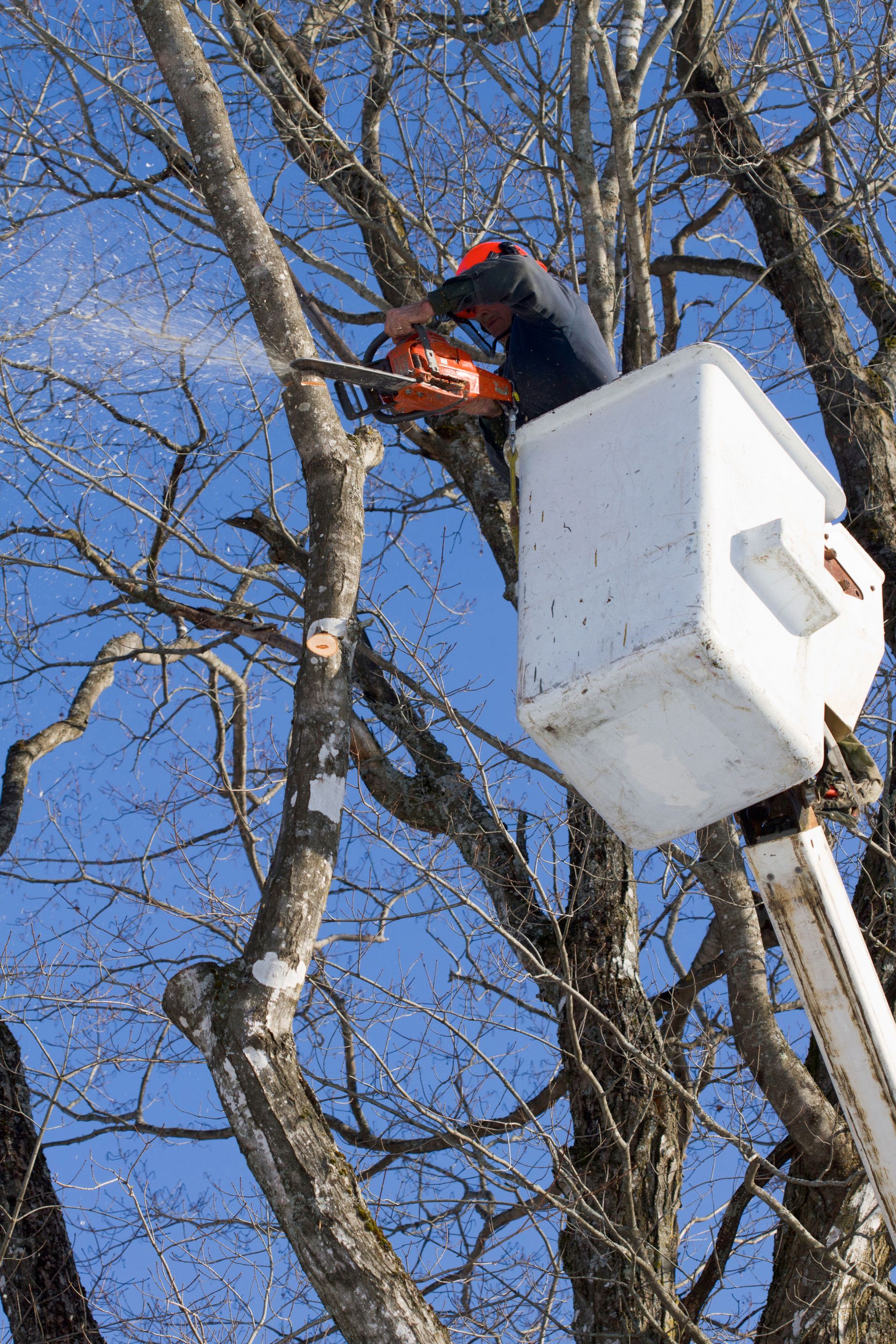
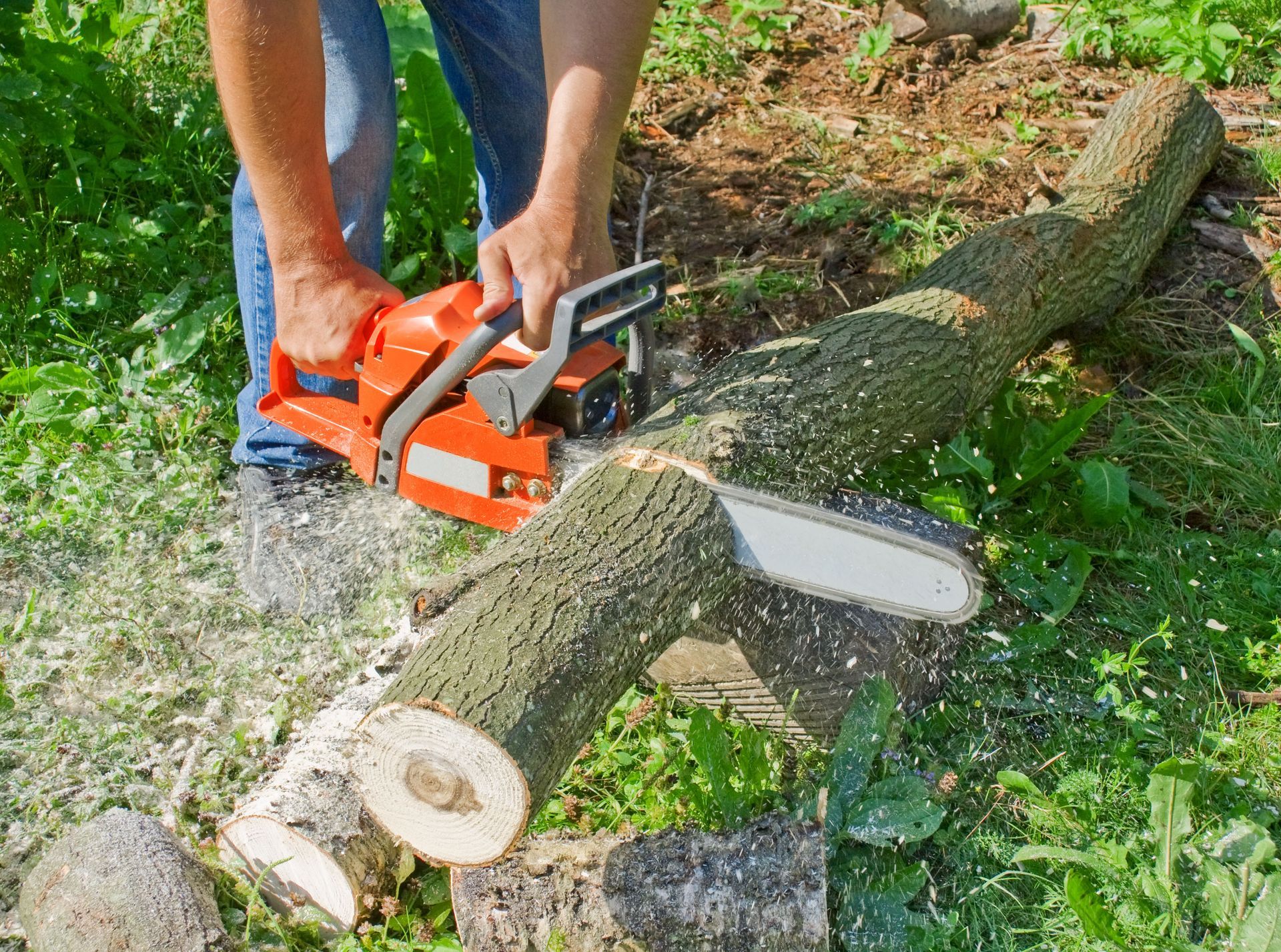
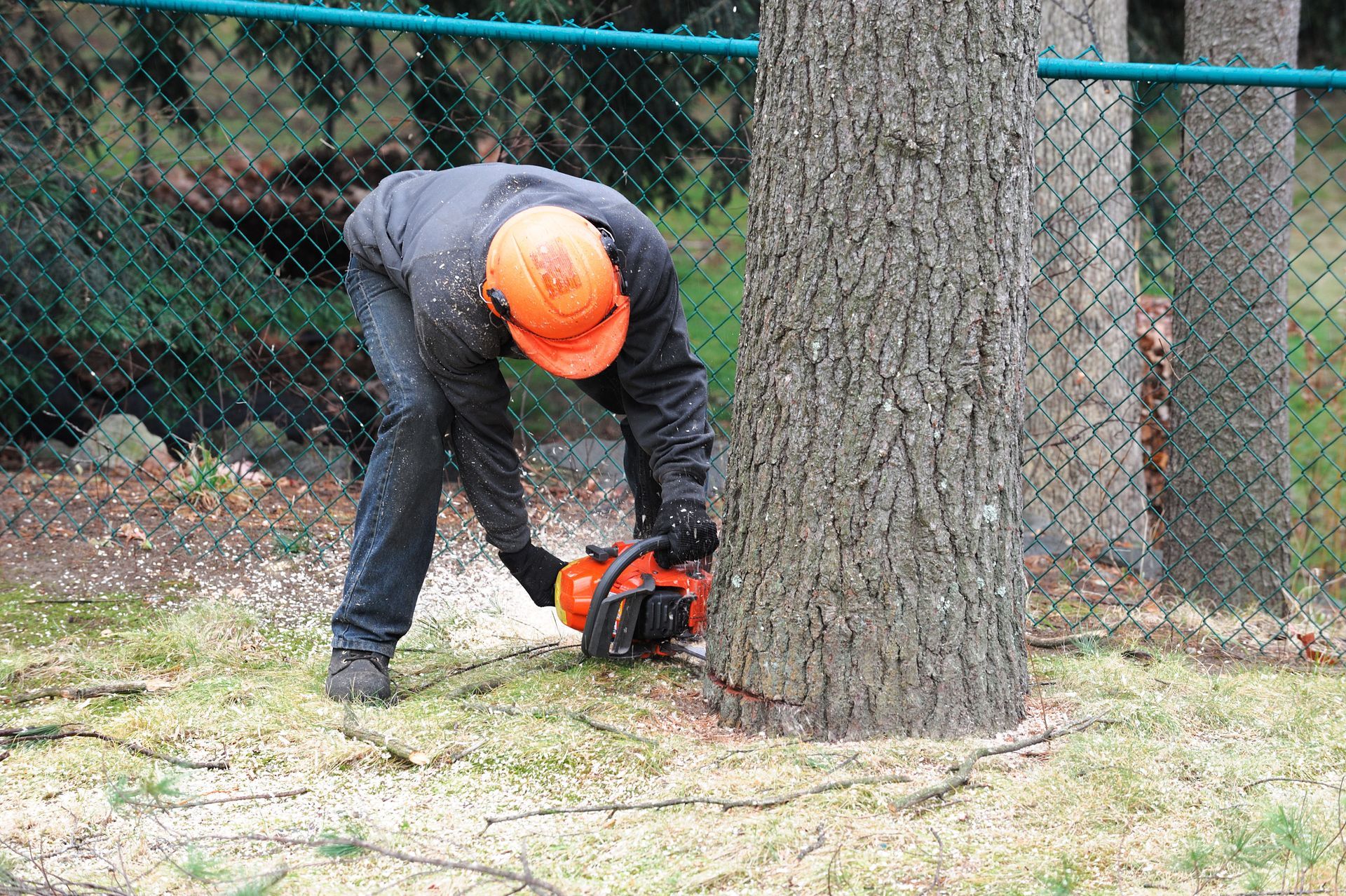
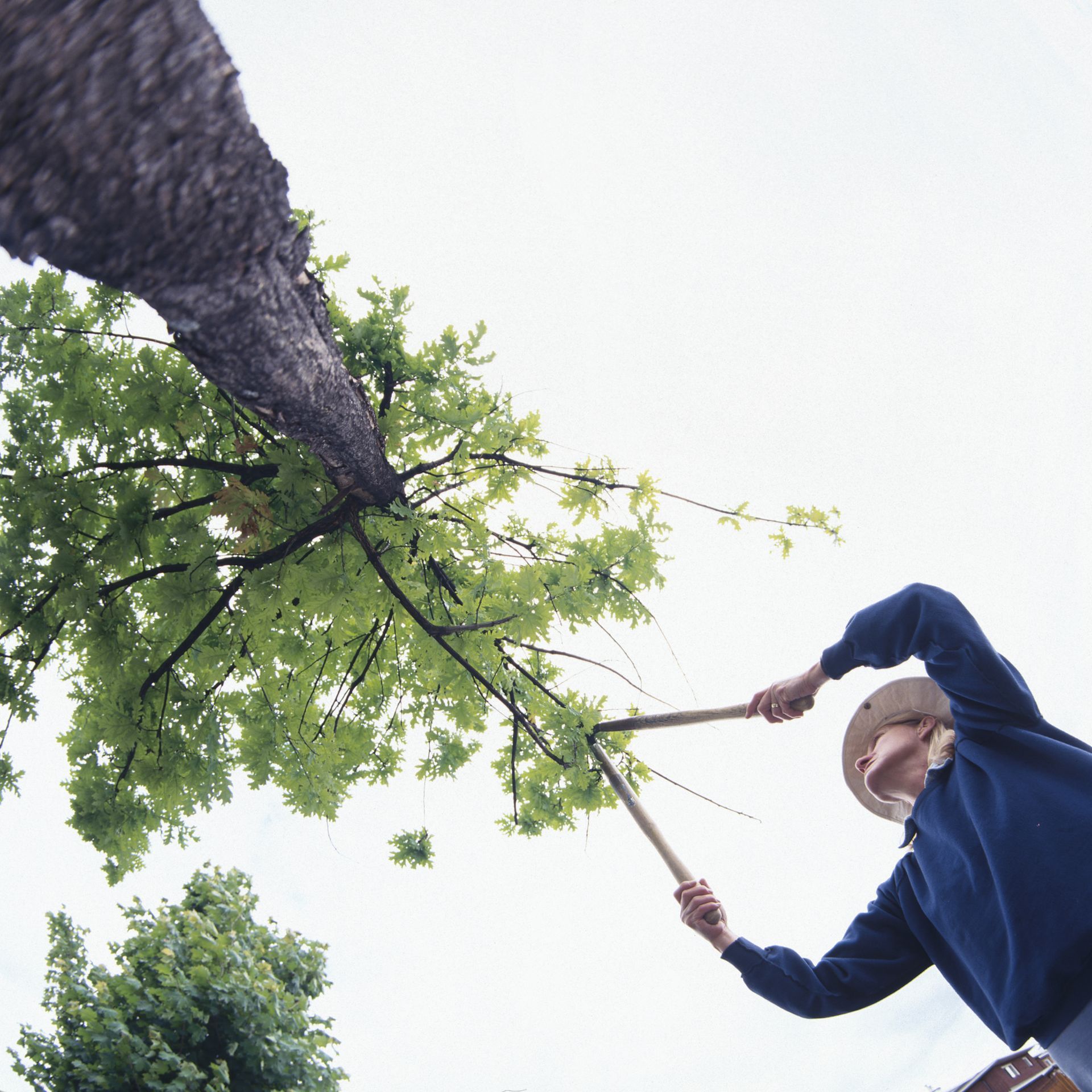
Share On: